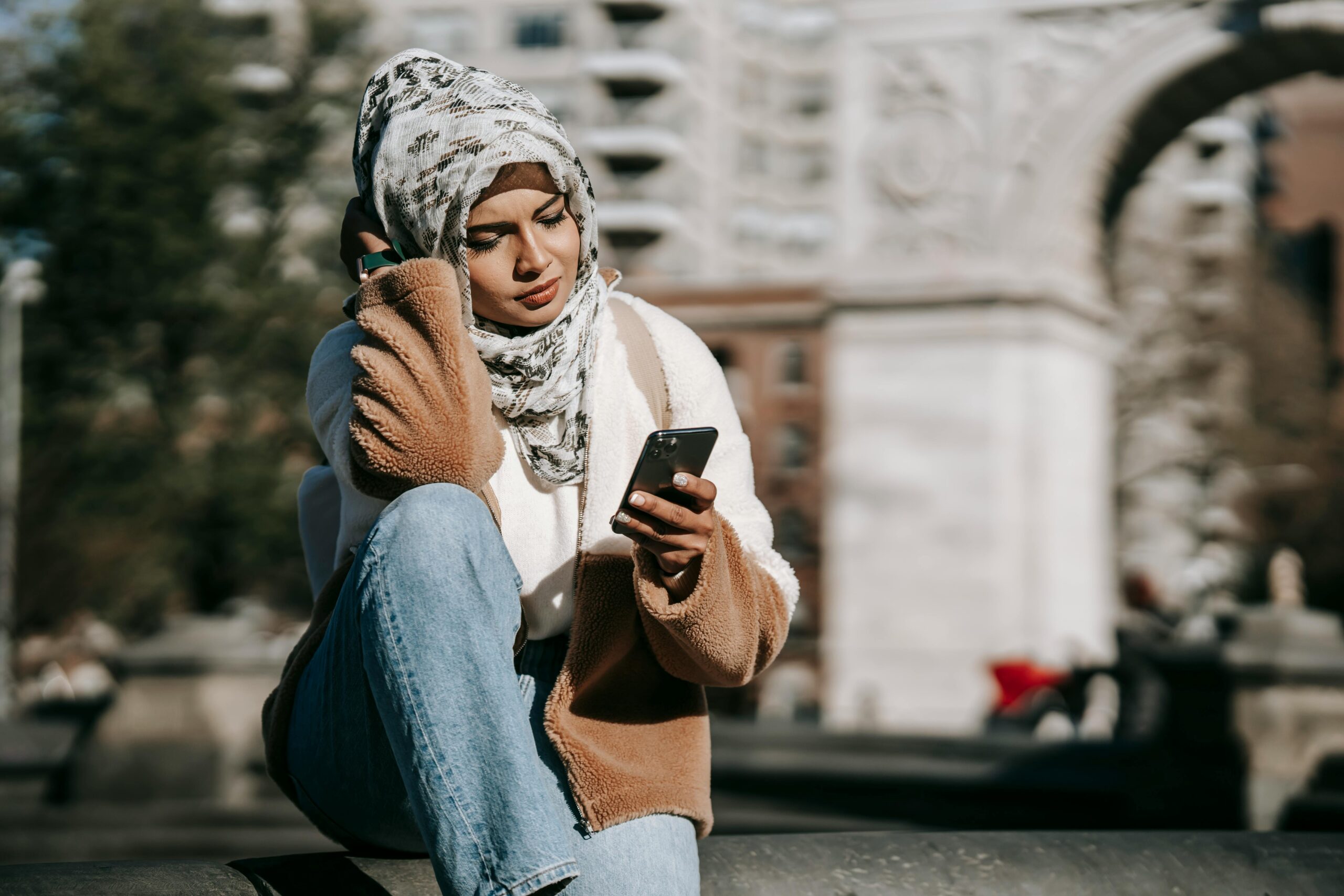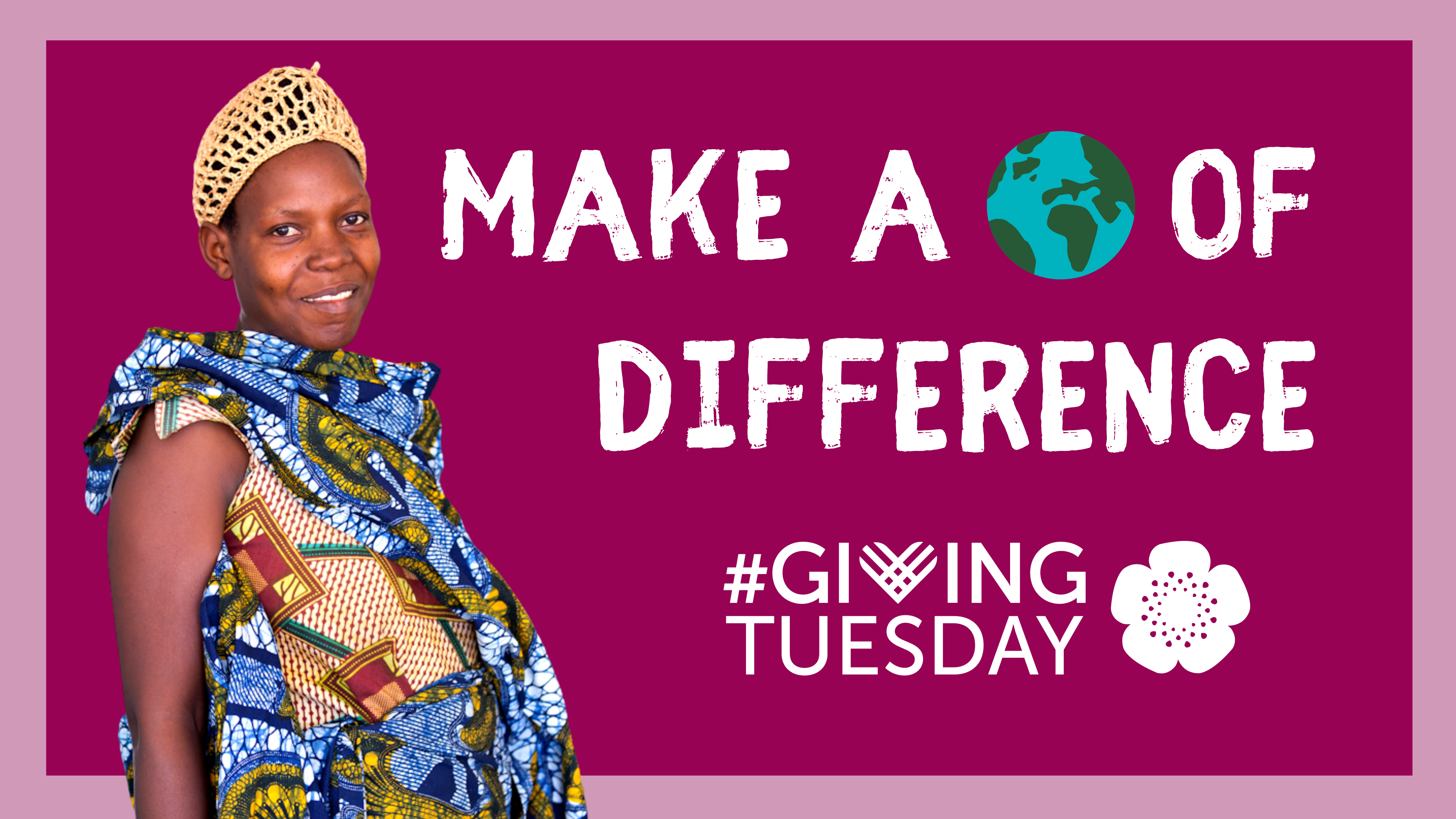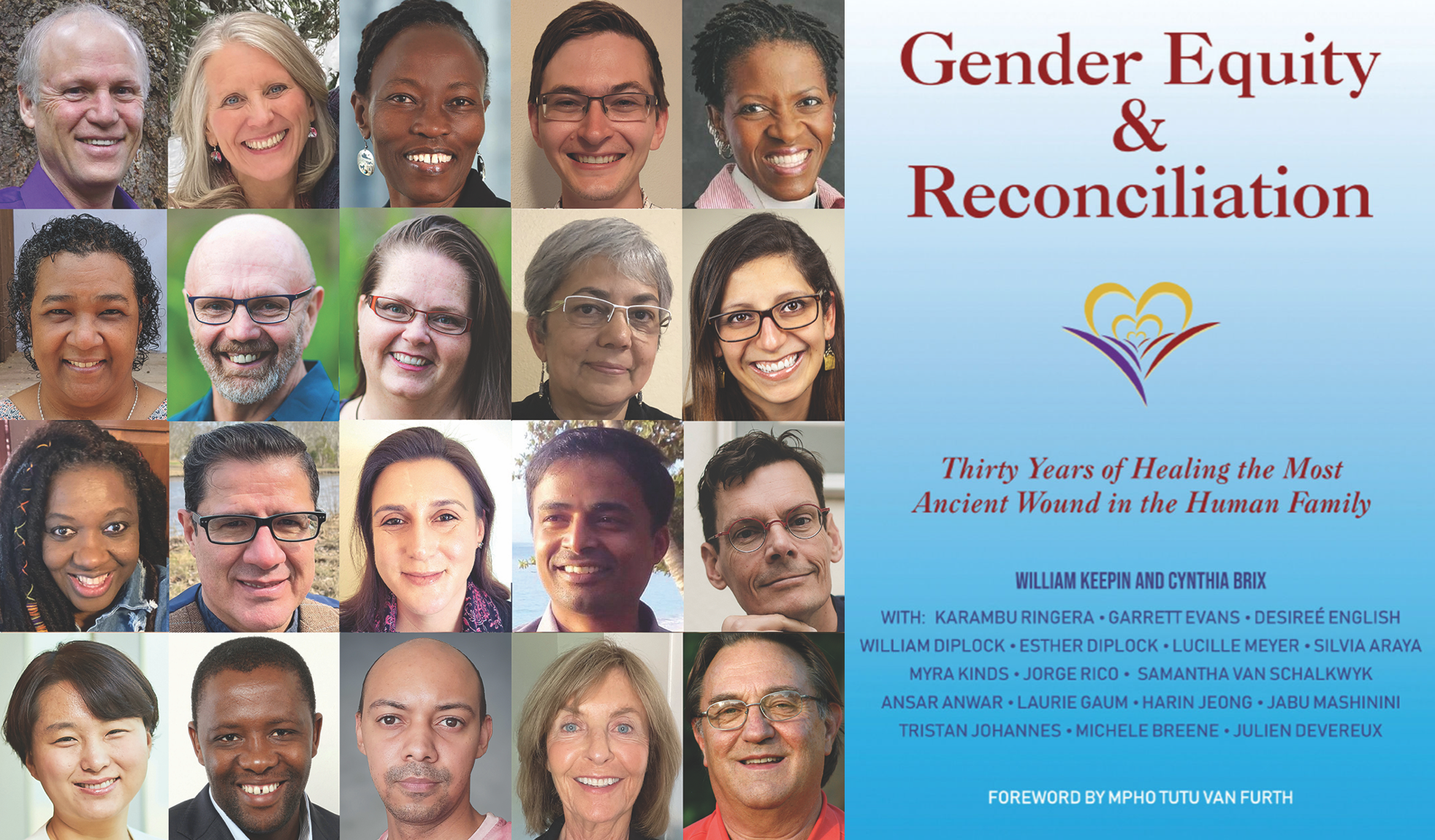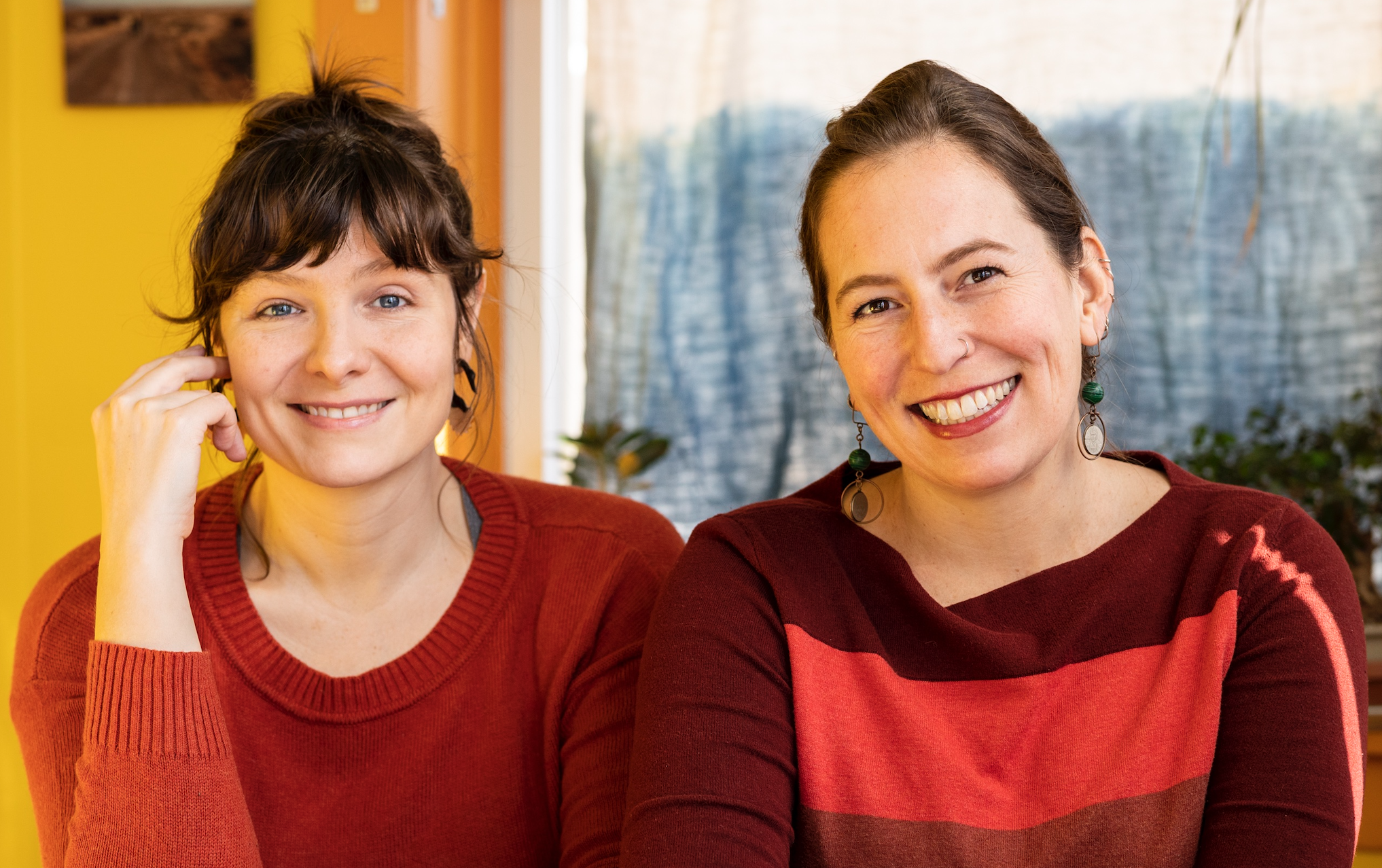
One of our favorite authors and activists, Mona Eltahawy, has publicly declared that the Middle East needs a sexual revolution. In her book ‘Headscarves and Hymens’, the Egyptian journalist talks about how this would go a long way to changing the culture of inequality, oppression, and violence that many countries in the region face, especially in conservative religious communities.
Well one particular country may be heading that way, if this interesting project is anything to go by. A Lebanese non-profit called Lebanon Support has released a dictionary with 25 different terms aimed at educating the society about gender norms and sexuality, which they hope will break down stigma and fear behind these concepts.
Published in both English and Arabic, the dictionary gives the history, social context and everyday usage for people to understand. Words like “orgasm”, “feminism”, “hymen”, “patriarchy” and even “intersectionality” offer a glimpse into a world that can often be seen as controversial to conservative societies. Like Mona Eltahawy’s call for a sexual revolution, this dictionary wants to make the concept of sexuality and all its nuances less scary or taboo.
The dictionary is dedicated to the memory of Bassem Chit, a revolutionary Lebanese socialist to died in 2014, as well as all the feminist activists in Lebanon
Although Lebanon is light years ahead of many other countries in Middle East in some aspects (it reversed a law in 2014 which criminalized gay sex, and gender reassignment surgeries are legal in the country) there are still some fundamental ways women are not given equal status under the law.

Human Rights Watch reported in 2015 that Lebanon’s religion-based personal status laws discriminate against women and don’t guarantee their basic rights.
“Lebanon has 15 separate personal status laws for its recognized religions but no civil code covering issues such as divorce, property rights, or care of children. These laws are administered by autonomous religious courts with little or no government oversight, and often issue rulings that violate women’s human rights,” the article stated.
The religious oversight prevents civil codes from being implemented which could allow for greater equal rights and equal status for women under the constitution. Albawaba.com also pointed out that Lebanon does not allow women to pass down their nationality to their children.
This gender dictionary is revolutionary not simply because of its creation, but for its specific cultural relevance to Lebanese society. Lebanese Blogger Joey Ayoub, who writes at Hummus For Thought and currently based in the UK, explains this a little further.
“It allows us, Arabic-speaking feminists, to free ourselves from western loanwords that limit us to certain sections of the population. Whether we’re talking about the struggle for women’s rights or LGBTQ rights, migrant domestic workers’ rights or general labor rights, education or healthcare, or anything in between, we can and should use this dictionary,” he wrote.
Representatives from Lebanon Support told Joey that the dictionary “is meant to be spread around and used to create discussion and debate”, and they have purposely made it freely available online and only require a donation for printed copies.

The dictionary is not merely supposed to perform the same function as a traditional dictionary, the NGO want it to further the conversation around gender norms in the Arab world.
“The main purpose of this knowledge production and sharing initiative is to bring together civil society organizations, researchers, practitioners and experts working together to enhance the development of, and access to knowledge and evidence-based research, information and literature on gender issues and concerns,” they said.
Consulting with various academics and activists in order to bring this project to fruition, Lebanon Support are filling a crucial gap which could very well spark the revolution needed in the Middle East around gender and sexuality.
“Research findings as well as round-table discussions all seemed to converge on an important knowledge gap in gender literature in Lebanon: a reflection and knowledge production on concepts and terms related to gender in Arabic was quasi non-existent. Practitioner’s initiatives do exist, but seem to either cover specific areas of focus often limited to gender based violence, or – if conceptualized more broadly – are displayed as glossaries,” they explained.
They may not yet have laws in the constitution allowing for women’s rights outside of the religious spectrum as outlined by the Human Rights Watch, but having literature like this being distributed far and wide might impact the right people who have the power to make progressive laws that protect all people in Lebanon, regardless of gender, religion and social standing.
If you want to obtain a physical copy of the Gender Dictionary and get in touch with the organization, email: contact@lebanon-support.org.
Take a look at the video made by Human Rights Watch on the status of women under the law:
















